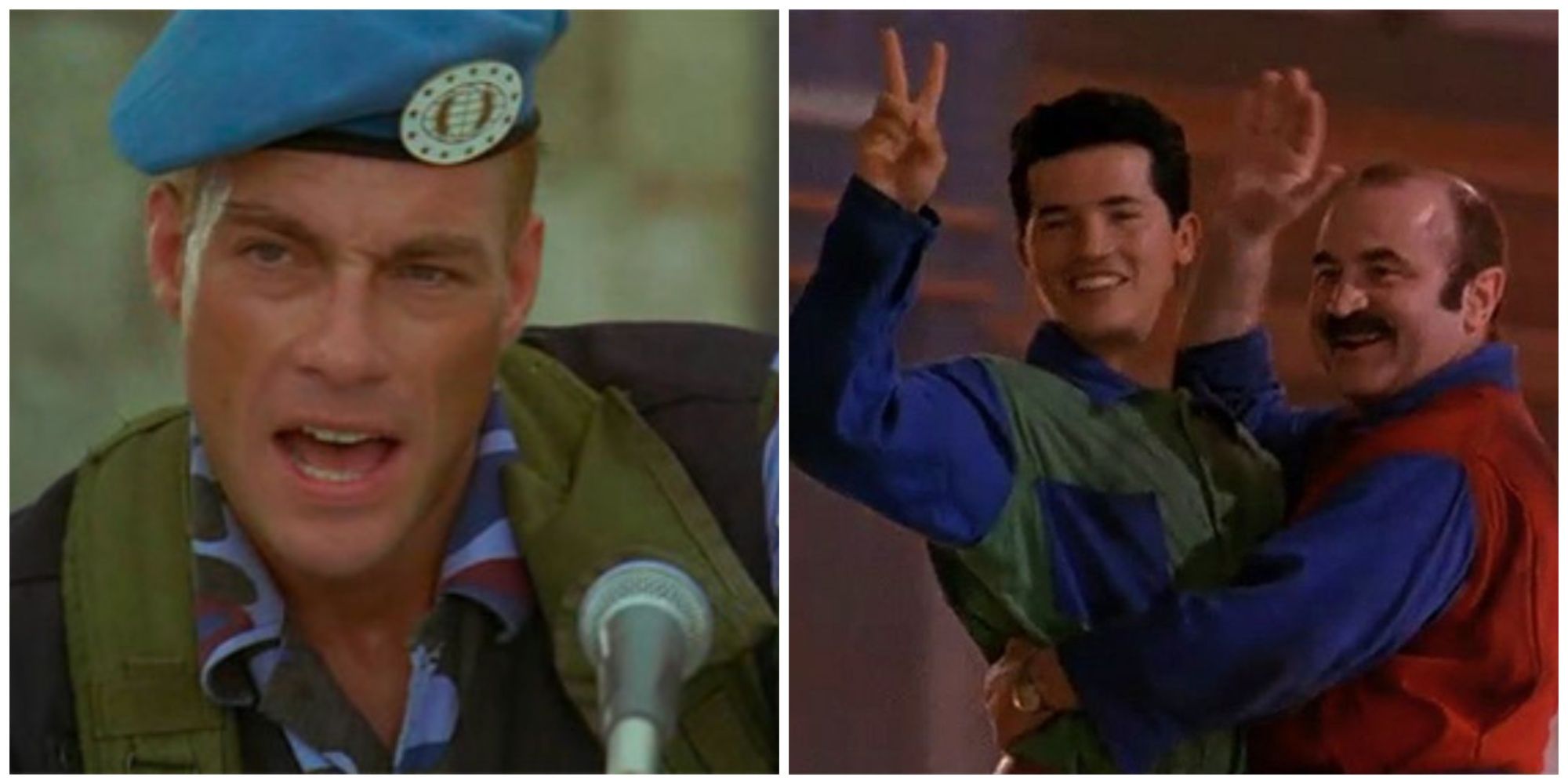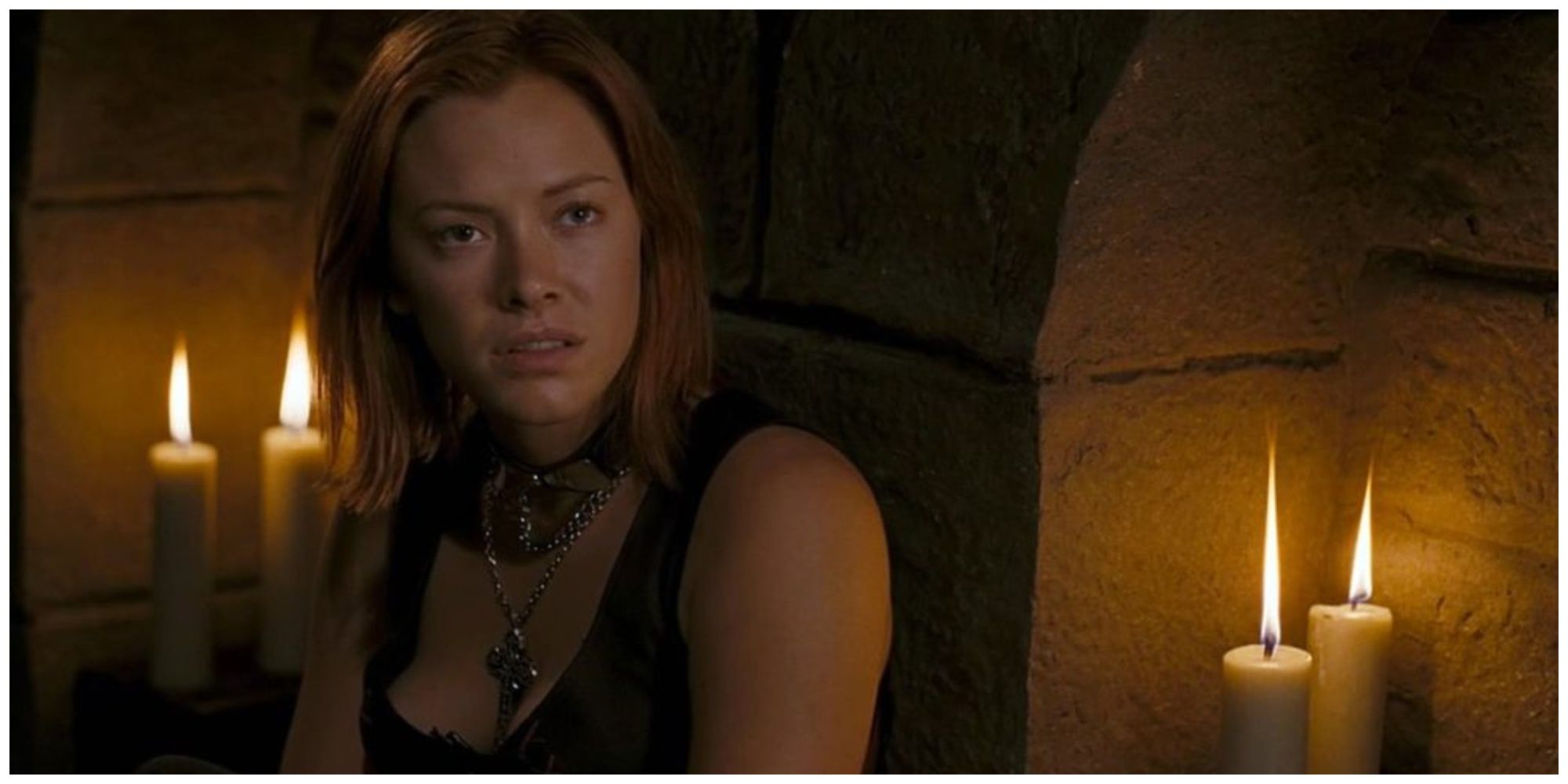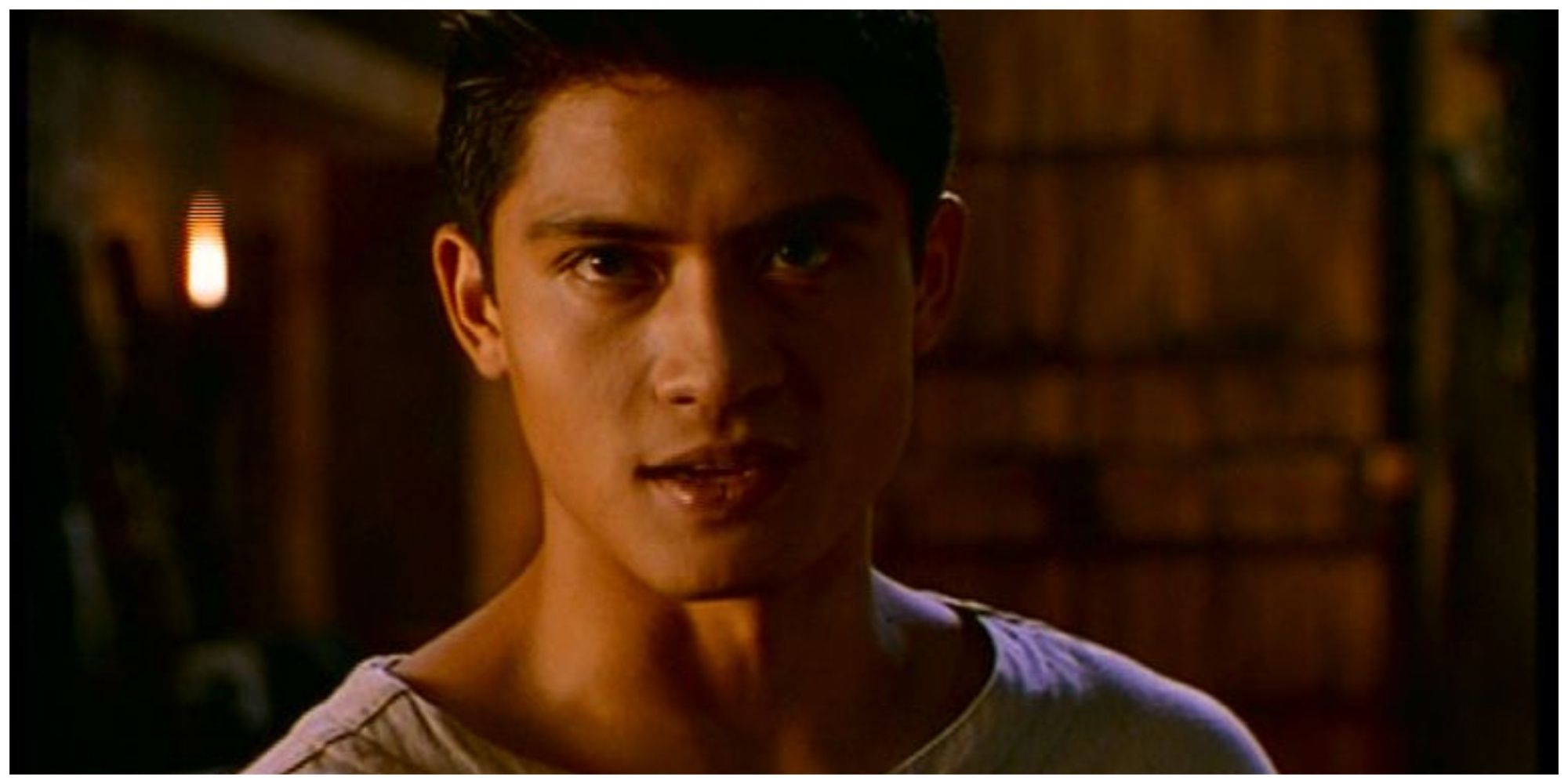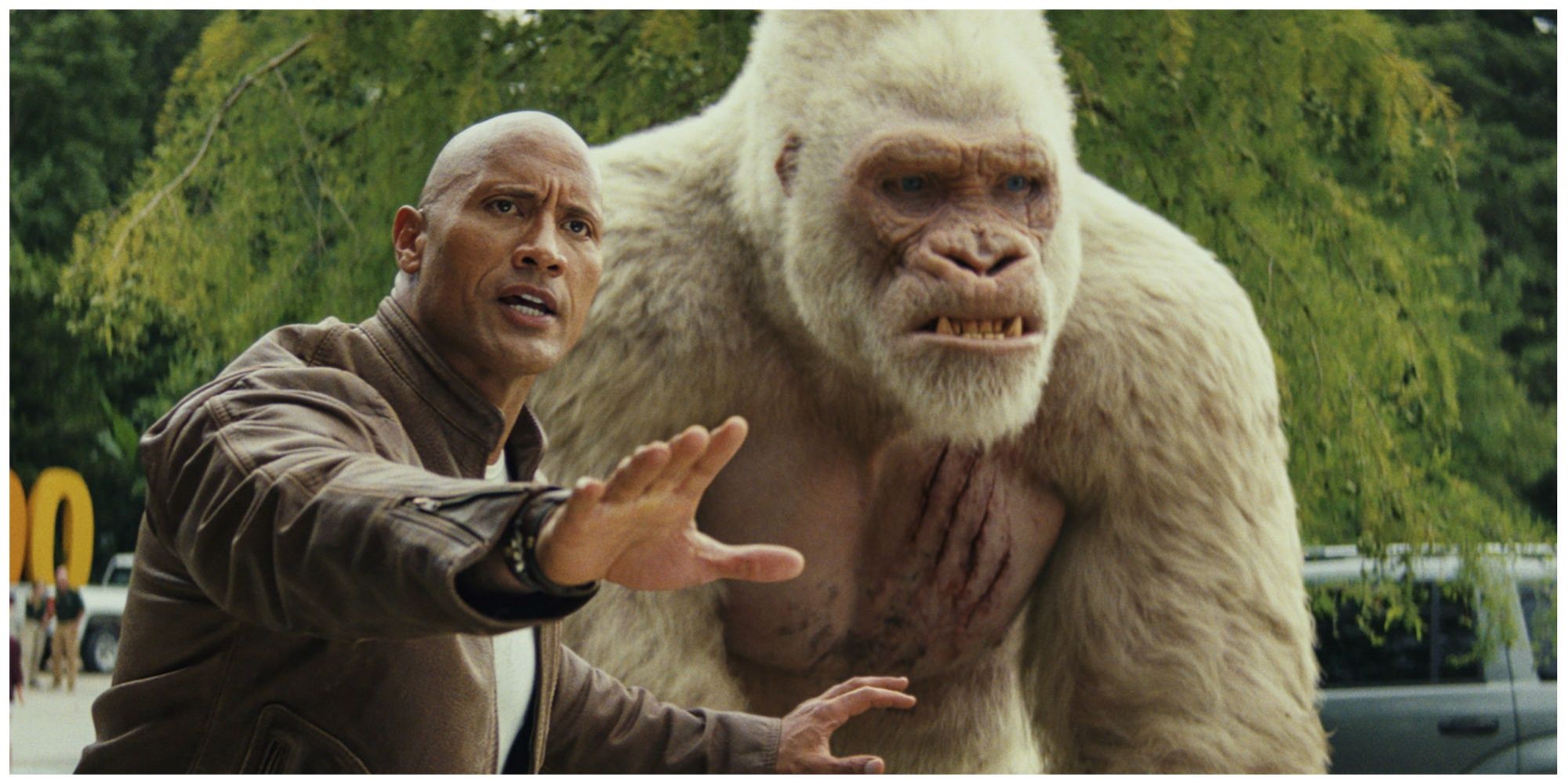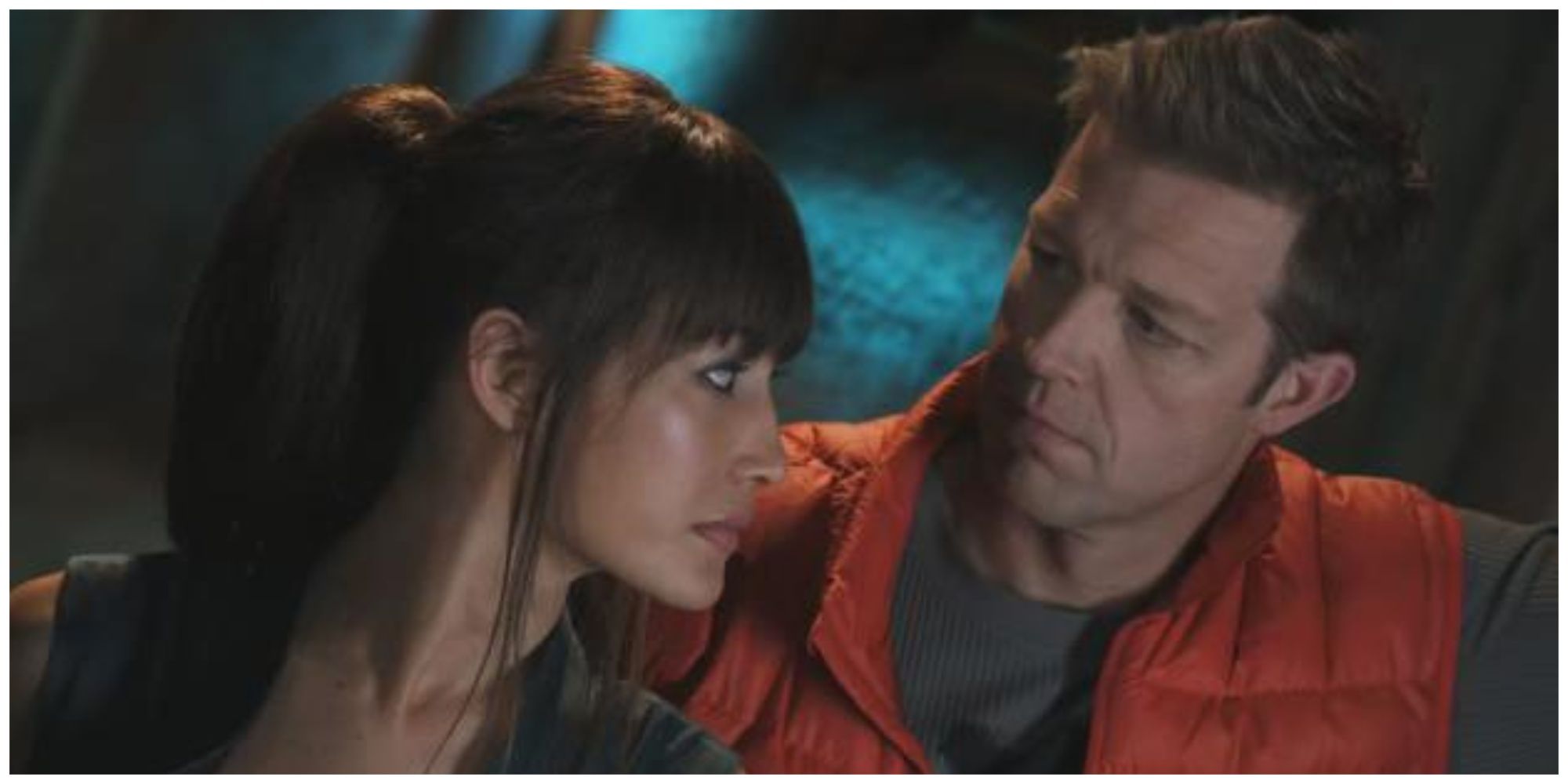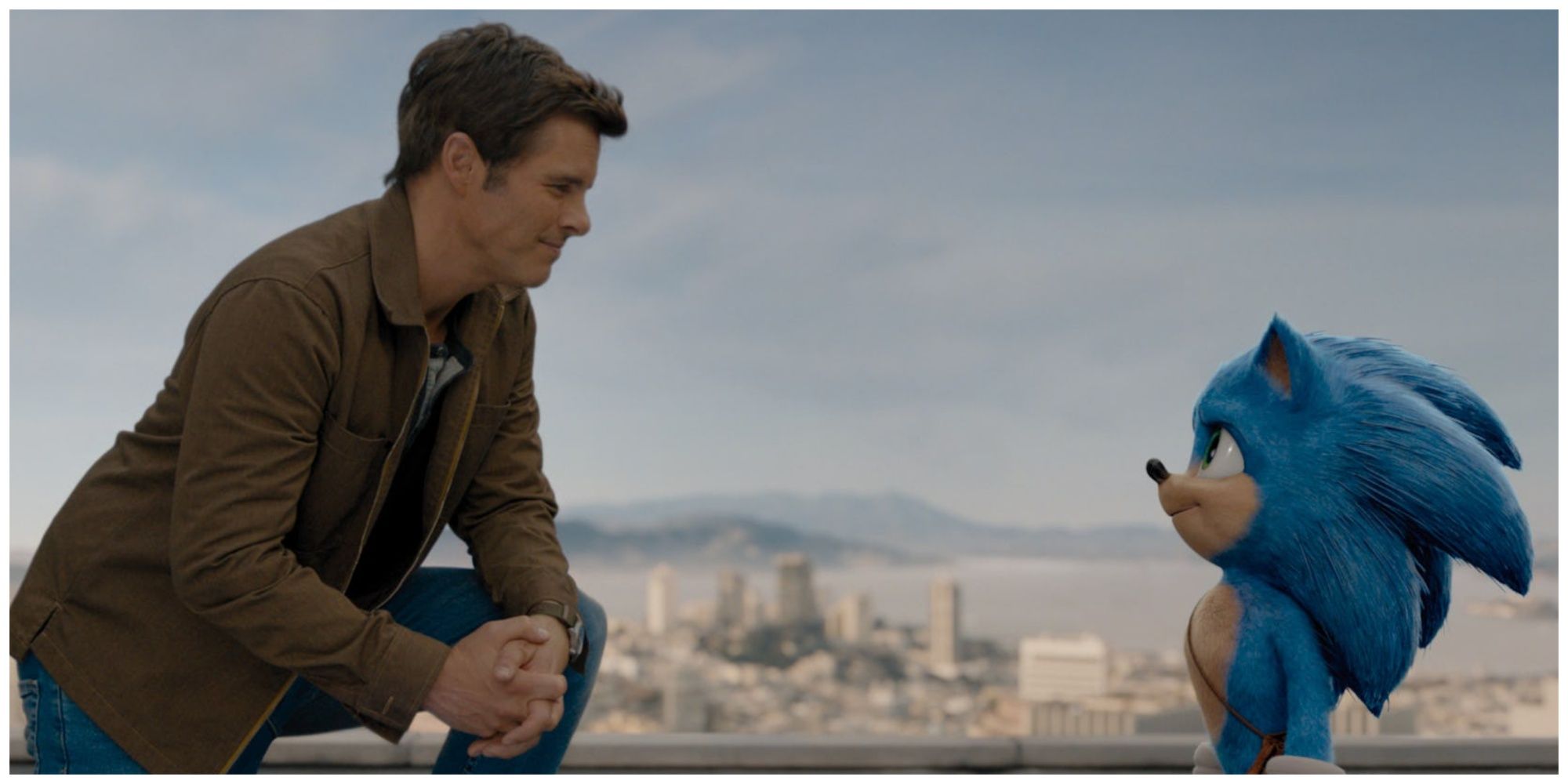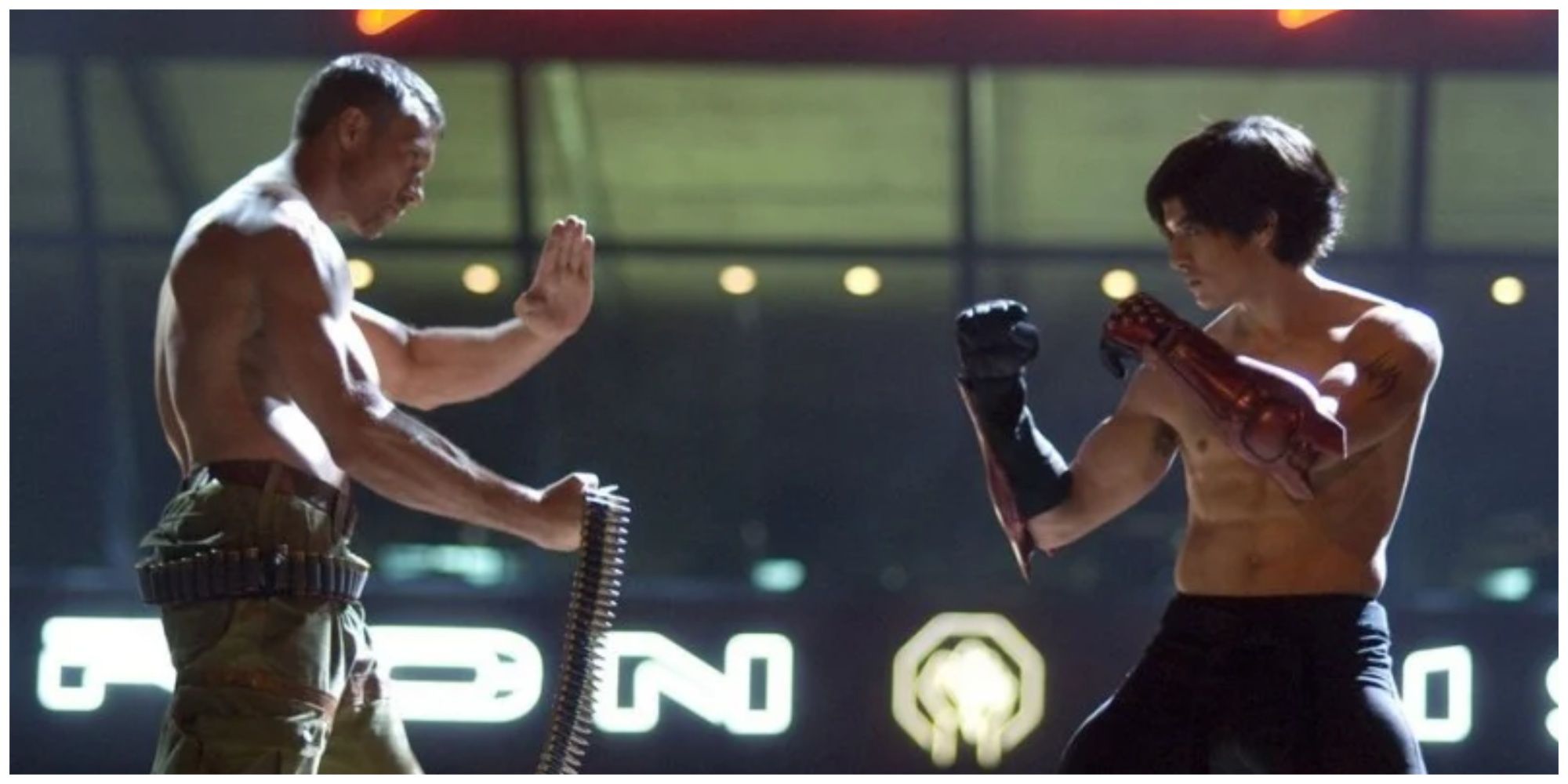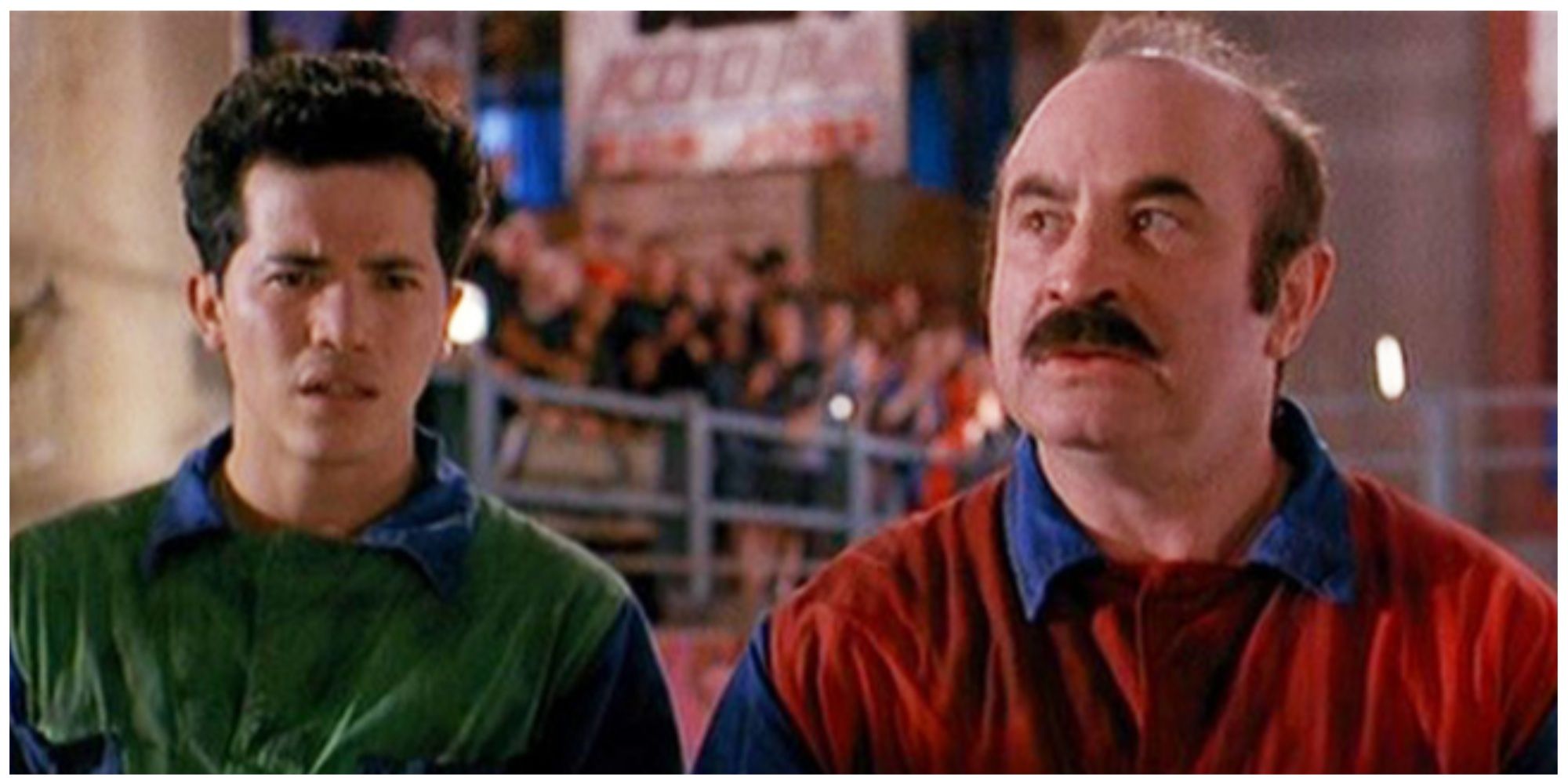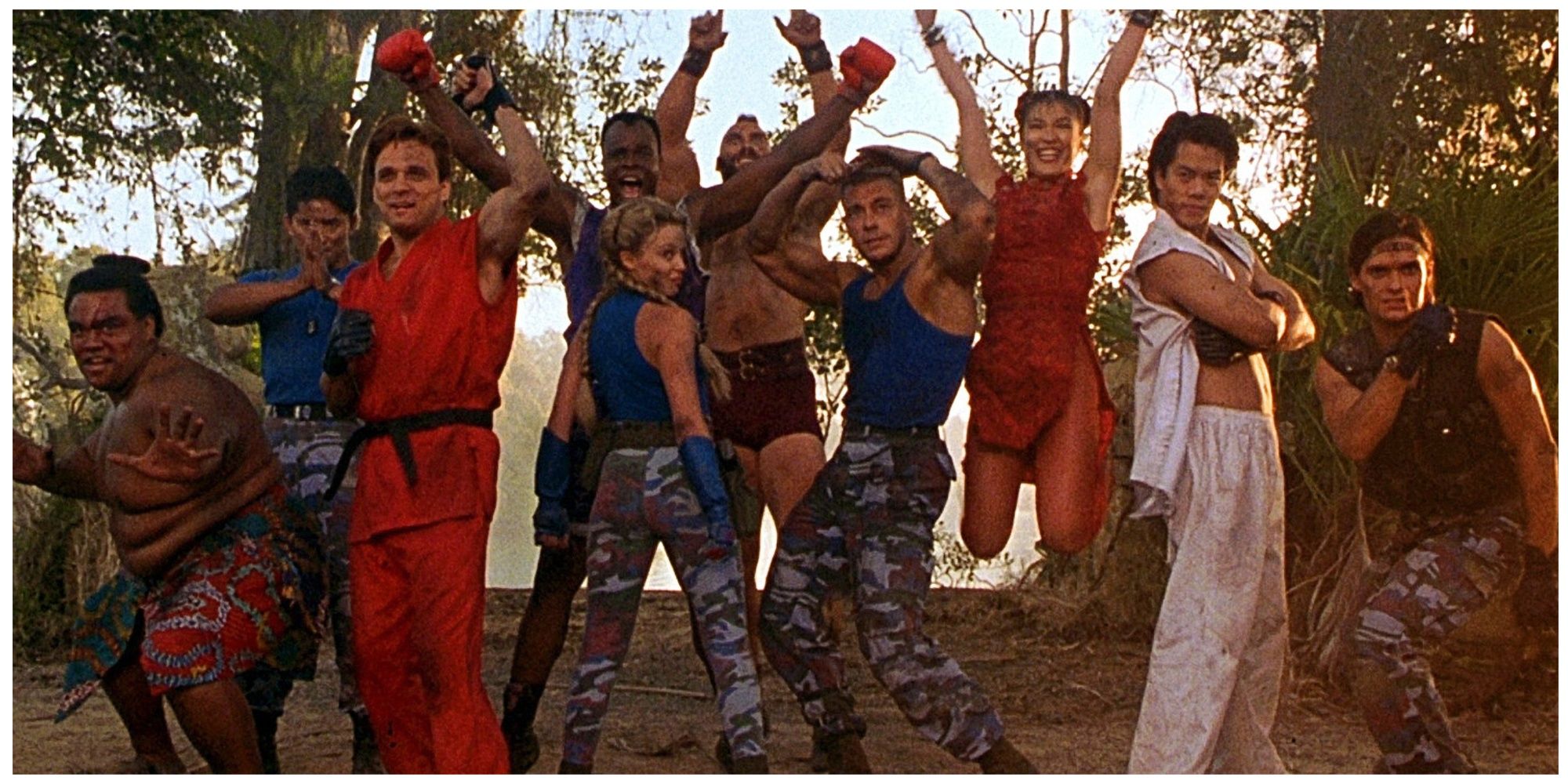Highlights
- Video game adaptations often take creative liberties, resulting in less accurate portrayals of the original game's narrative.
- Live-action films, limited by runtime and visuals, tend to significantly alter video game storylines to fit the medium.
- Directors like Uwe Boll and Steven E. de Souza have adapted video games such as Mortal Kombat and Street Fighter in significantly different ways.
Video game adaptations are still a fairly new phenomenon in the grand scheme of things, with the majority of them dating back to the early 90s or later. However, what works for a video game may not necessarily translate to another medium. It is for this reason, and many others, that adaptations may not always be 100% accurate to the games that they are based off.
These less-accurate adaptations are largely live-action films, in part due to the limitations concerning runtime as well as what can be portrayed in live-action. Here are some adaptations that significantly change the narrative of the video game. Whether altering basic facts about a character's backstory, or changing the entire premise of the series, some adaptations tend not to stick too closely to the script.
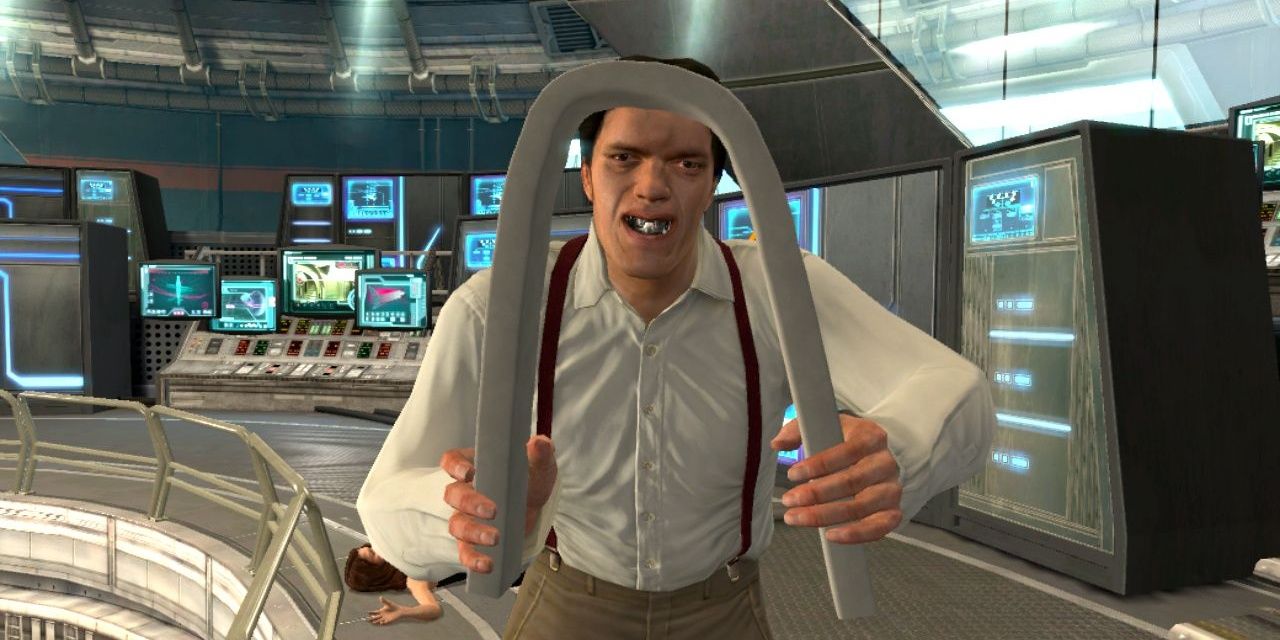
10 Worst Movie-Based Games (According To Metacritic)
Cinema and video games don't have a great relationship. Many movie tie-in games are cheaply made cash-grabs. We look at the most poorly reviewed.
8 The BloodRayne Trilogy (2005-2011)
Director: Uwe Boll
Bloodrayne
- Genre(s)
- Shooter , Hack and Slash , Fighting , Action-Adventure
- Franchise
- BloodRayne
- Developer
- Terminal Reality, Big Boat Interactive, Full Fat
German-born filmmaker Uwe Boll remains a controversial figure for gamers and film nerds alike. BloodRayne is one of many video games he has attempted to translate to film. The hack-and-slash series follows a dhampir: a half-vampire, half-human, by the name of Rayne. With the aid of the Brimstone Society, Rayne takes on enemies including nazis, monsters, and her own father, Kagan, a powerful vampire.
Uwe Boll's trilogy plays around with the timeline a lot, with the first film being set before the events of the original game. It documents Rayne (played by Kristanna Loken) fighting her father, Kagan (played by Ben Kingsley) and his forces, alongside movie-original members of the Brimstone Society (played by Michael Madsen, Michelle Rodriguez, and Matthew Davis.) Other notable cast members include Meat Loaf and Billy Zane.
The sequel, Deliverance, takes place in the wild west, and features Rayne (played instead by Natassia Malthe) fighting against a vampiric Billy the Kid (played by Zack Ward.) The final film, The Third Reich, takes place closer to the original game, finally featuring Rayne fighting against the nazis. All three films were received poorly. Despite this, Boll credited the films for increasing the game's visibility.
Boll largely stepped away from video game adaptations after the release of In the Name of the King 3: The Last Mission (2014), a loose adaptation of Dungeon Siege. In a recent interview conducted for Fiction Horizon, Boll claimed he would have approached his video game adaptations differently in hindsight, claiming he would've focused more on the original stories, and attempted to work with developers to better communicate the original narratives to film.
7 Mortal Kombat: Conquest (1998-1999)
Director: Various
Mortal Kombat is a series with numerous adaptations. The first film based on it remains one of the highest scored film adaptations of a video game on Metacritic. This television show serves as a prequel of sorts to the initial events of Mortal Kombat. It focuses primarily on The Great Kung Lao (played Paolo Montalban), an ancestor to the playable fighter of the same name.
The series focuses on Lao's efforts to prepare for the next tournament, after receiving eternal youth as a champion of the previous one, and sparing his final opponent, Shang Tsung. The series, despite focusing on largely untapped space in the timeline, introduced versions of contemporary characters, albeit some in ways that could contradict the greater story. In fairness, certain lore was decided after the adaptation aired, making the various inaccuracies a bit more forgivable.
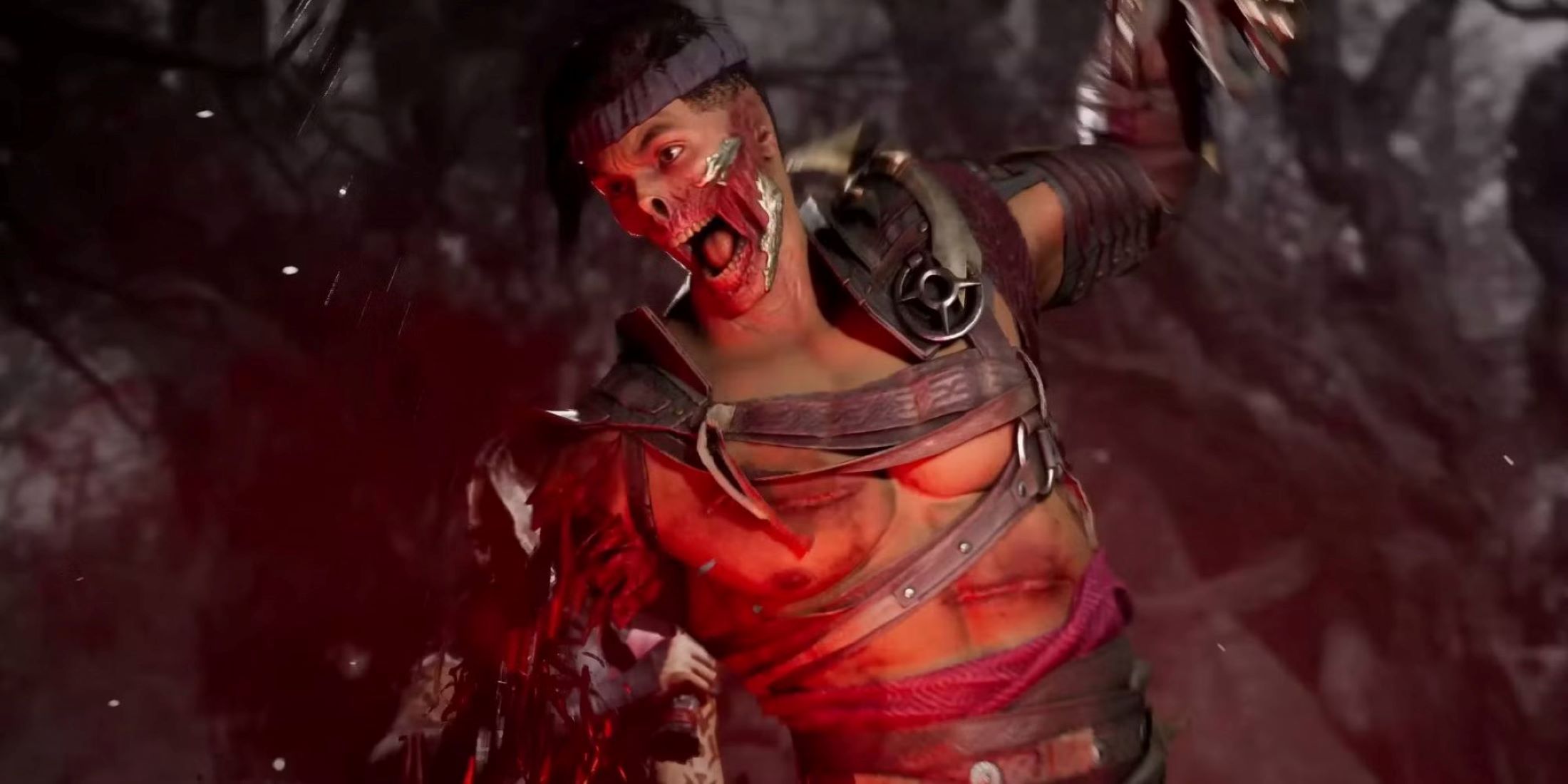
In Defense of Havik Becoming Mortal Kombat’s Next Big Villain
Mortal Kombat is no stranger to iconic villains and a returning character may be having a long-delayed stint in the spotlight.
The main diverging point was the finale, originally intended as a cliffhanger. Shao Khan (played by Jeffrey Meek) summons his shadow priests to kill off a majority of the cast, including Kung Lao, as he proceeds to duel with Raiden (also played by Meek), earthrealm's sworn protector. Other characters killed off in this massacre include Kitana, Shang Tsung, and Quan-Chi, all of whom appeared as playable characters in various Mortal Kombat games, which would all take place after the show.
The ending was originally planned to be retconned in the second season, with Kung Lao instead meeting his end against the Shokan, Goro, like he did in the original timeline. However, TNT gutted the series before the second season could be made, ending it in a significantly different manner than the game's timeline established.
6 Rampage (2018)
Director: Brad Peyton
The Rampage series is fairly simple in premise. Humans are mutated into gigantic monsters and destroy everything in sight, all the while being mildly inconvenienced by the military, police, and anyone else crazy enough to stop them. The games primarily revolve around George, a gorilla; Lizzie, a reptile; and Ralph, a wolf. The series released six games between 1986 and 2006. Its first movie debuted 12 years later.
The adaptation modifies the premise, but also the point of view. The mutants in the Rampage games were all humans, whilst in the film they originate as animals. The film also focuses on a human cast in addition to the monsters, with Dwayne "The Rock" Johnson as the main character, an ex-soldier who trained George, now an albino western lowland Gorilla, prior to his mutation. Aspects of the mutations themselves are changed, with each of the three mutants looking far different than they did in the games.
Humans in the Rampage are typically treated with little significance and not displayed in significant visual detail. This is meant to make their destruction at the hands of the mutants more palatable, keeping in line with a comedic tone the games try to maintain amidst the carnage. However, the film visually communicates a much darker tone, beyond even the hues chosen to color the scene, with the deaths onscreen treated as tragic rather than wacky with the humans much more visually defined.
5 King of Fighters (2010)
Director: Gordon Chan
The King of Fighters XIII: Global Match
- Publisher(s)
- SNK
- Genre(s)
- Fighting
- Developer(s)
- SNK
King of Fighters is a very character-driven series. This is in part due to being a team fighter, where part of the fun is putting together a combination of playable characters from the default teams. Character dynamics and how they change across the various entries, add a dimension to the various storylines that is not as present in other fighting games.
However, when considering other changes this straight-to-video film made, the characters appear less affected by comparison. This adaptation makes the decision to hold the fights in an alternate dimension, which can be connected to via bluetooth technology. While the game itself occasionally involves alternate dimensions in certain fights, the majority of it takes place around the known world.
Other differences include making Terry Bogard (played by David Leitch) and Mai Shiranui (played by Maggie Q) CIA agents, as well as making Mai (a character largely defined by her affection for Andy Bogard in the games) a love interest to Iori Yagami (played by Will Yun Lee.) Certain other characters, with some level of story importance, are omitted altogether or changed significantly (it is worth noting Terry and Mai arguably have little-to-no relevance to the central KOF lore.) Sean Faris, a Caucasian actor, was also criticized for portraying Kyo Kusanagi, a Japanese character.
Various elements of the initial series are there, with Kyo, Iori, and Chizuru teaming up, and Rugal Bernstein being a major antagonist. Ultimately, the scripting was criticized by some for being too mired in the complex story rather than focusing on the fight scenes.
4 Sonic the Hedgehog (2020)
Director: Jeff Fowler
Sonic the Hedgehog, in addition to being a video game character, has had multiple incarnations, including television and comics. These tend to differ widely in terms of story lines and prevalent characters. This makes the significant alterations to the film a much less controversial choice than it may have been otherwise, as it simply now exists as one of many takes on the character.
The film presents a largely new take on the character, with Sonic (voiced by Ben Schwartz), now an immigrant to earth, being adopted by a human family, and taking on Dr. Robotnik (played by Jim Carrey), now in employment of the US Government. Despite some initial backlash to the original design of Sonic revealed in the trailer, the film was a commercial success upon release. It exists as a rare Sonic adaptation where humans outnumber the animals as principal characters, and makes direct contemporary pop-culture references to communicate the fact that this film takes place on planet Earth.
The sequel, also directed by Fowler, was similarly successful, with a third film currently in production, and a spin-off series revolving around Knuckles the Echidna currently streaming on Paramount+, albeit with a far less warm reception.
3 Tekken (2009)
Director: Dwight Little
Tekken 3
- Publisher(s)
- Namco
- Genre(s)
- Fighting
Tekken is a fairly grim series as far as fighting games go. It focuses on a cruel, corporate, and corrupt family, thematically revolving around a cycle of generational trauma and often the tragedy resulting from it. This tends to wrap around the devil gene, a hereditary abnormality known to be gifted to the Hachijo clan of assassins. Kazumi Mishima (née Hachijo) passed it onto her son, Kazuya, who in turn gave it to his son, Jin Kazama. Kazuya's father, Heihachi, threw him off of a cliff in part to test if he possessed the devil gene, kicking the events of the series into gear.
The film decides to ignore the devil gene altogether. The storyline is shifted to take place in a dystopian corporatocracy, where companies run the world directly. Heihachi (played by Cary-Hiroyuki Tagawa) runs the biggest one, known as the Tekken Corporation, which sponsors the King of Iron First Tournament, where corporate sponsors pit fighters against one another. Jin Kazama (played by Jon Foo), residing in squalor, enters the tournament for revenge after his mother's death at the hands of Heihachi's goons.
Eventually, Jin and Heihachi find a common enemy in Kazuya (played by Ian Anthony Dale), their respective father and son, who secretly plots against Heihachi. After defeating Kazuya, Jin becomes CEO of the Tekken Corporation and returns home. A prequel, misleadingly named Kazuya's Revenge, was later released in 2014.
Despite being praised by some for emulating aspects of the games, Tekken director Katsuhiro Harada, spoke quite negatively about it, calling it "terrible" and claiming the film's contract prevented them from supervising it. After the initial film, more acclaimed adaptations, like Tekken Blood Vengeance (2011) and Tekken: Bloodline (2022) released.
2 Super Mario Bros. (1993)
Director: Rocky Morton & Annabel Jankel
The first feature-length live action movie based on a video game remains infamous even now. Some praise it for its unique visual style, effects, and entertaining performances. Others criticize it for the writing and lack of faithfulness to the game. The film starred Bob Hoskins as Mario and a young John Leguizamo as his brother, Luigi. Like the game, the pair are Italian plumber brothers from New York, who end up traveling into a fantastical land.
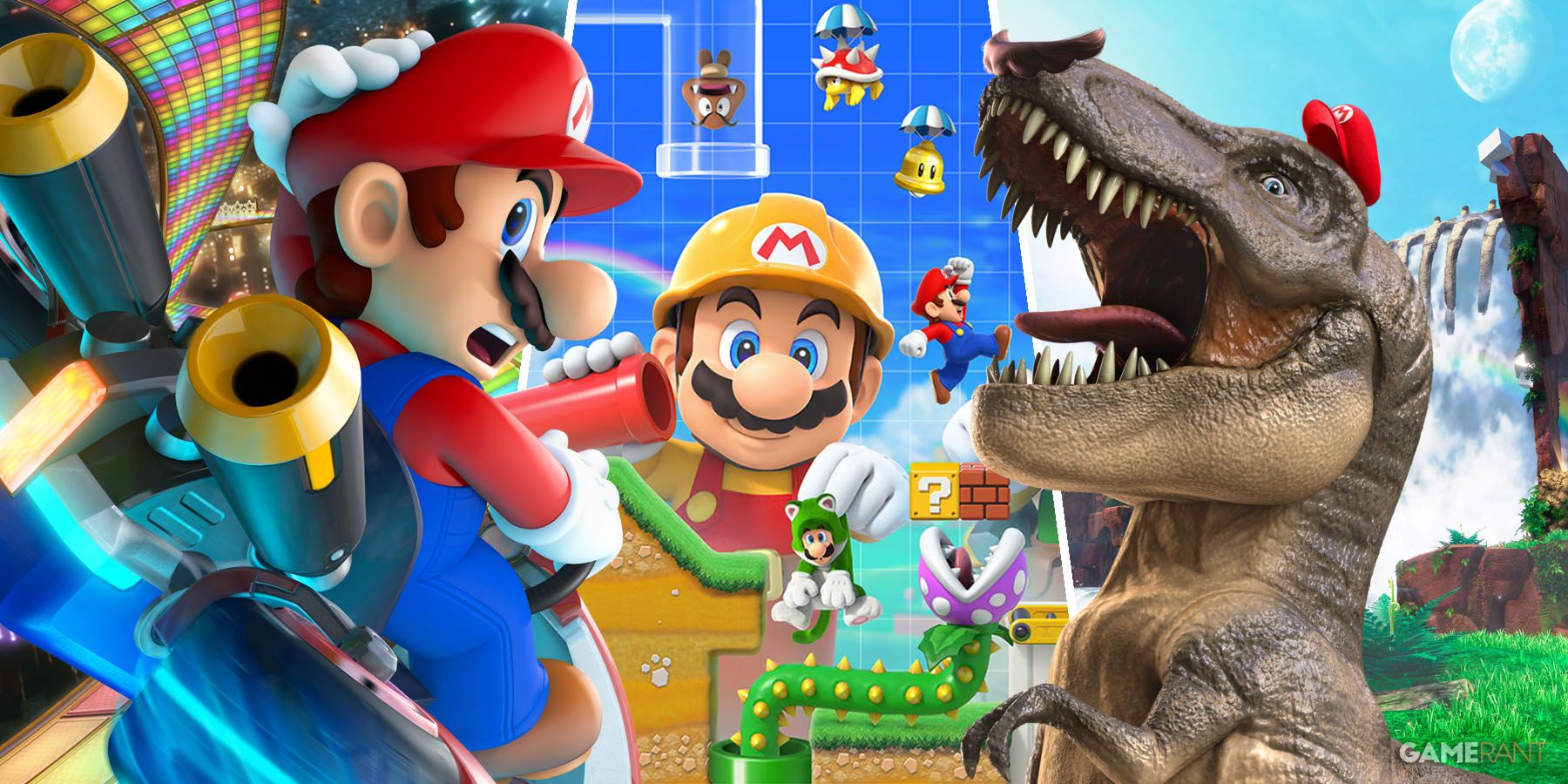
Every Mario Game on the Nintendo Switch, Ranked
From precision-based platformers to creative RPGs, the best Mario games for Switch span multiple genres and should appeal to gamers of all ages.
However, the film adds bizarre dimensions to this plotline,turning the land into a dimension of dinosaurs with characters such as Daisy (played by Samantha Mathis) and Koopa (essentially Bowser, played by Dennis Hopper) descended from them. The film's use of sci-fi and dystopian elements is a significant contrast from the more typically fantasy-themed scenario of the games.
Ultimately, despite the film's poor reception upon launch, it has been lauded as a cult classic in recent years. In 2023, roughly 30 years after the original film's release, a subsequent animated take on the Super Mario series was released. This adaptation was closer in tone to the games, loved by audiences, and commercially successful.
1 Street Fighter (1994)
Director: Steven E. de Souza
Street Fighter has had multiple adaptations, including an animated movie also released in 1994. Yet this one is particularly notable, in how it sticks out as being so different from its narrative. This film swaps the game's premise of one-on-one combat for an all-out war, in which the greater Street Fighter 2 cast (Fei Long and Akuma exempt) are involved. Jean-Claude Van Damme plays the role of Guile, leading his forces against M. Bison (the final role of Raúl Juliá) and his evil organization, Shadaloo.
Dhalsim, in the games a heroic yogi, is turned into a scientist who is an unwilling pawn of Bison, forced to corrupt Guile's friend Charlie into a violent mutant (this film's version of Blanka.) Balrog and Dee Jay both make appearances, but with significant changes in character, as the dirty boxer we know in the games is aligned with the heroes, and the happy-go-lucky Jamaican kickboxer is one of the villains. Ryu and Ken, in addition to being martial artists, are also con artists, who scam Shadaloo before joining up with the other heroes. These are just a few of the many changes that resulted in this film being so far removed from its source material.
Nonetheless, the film was a commercial success and even received a video game adaptation (despite already being based on a video game.) Unfortunately, the subsequent live action Street Fighter film, The Legend of Chun-Li (2009) was a commercial flop, making back roughly a third of its budget. Assassin's Fist (2014), a live-action web series rather than a movie, remains the most acclaimed live-action adaptation of the property to date. Legendary Entertainment is currently planning another live-action film, having acquired the movie rights to multiple Street Fighter games.
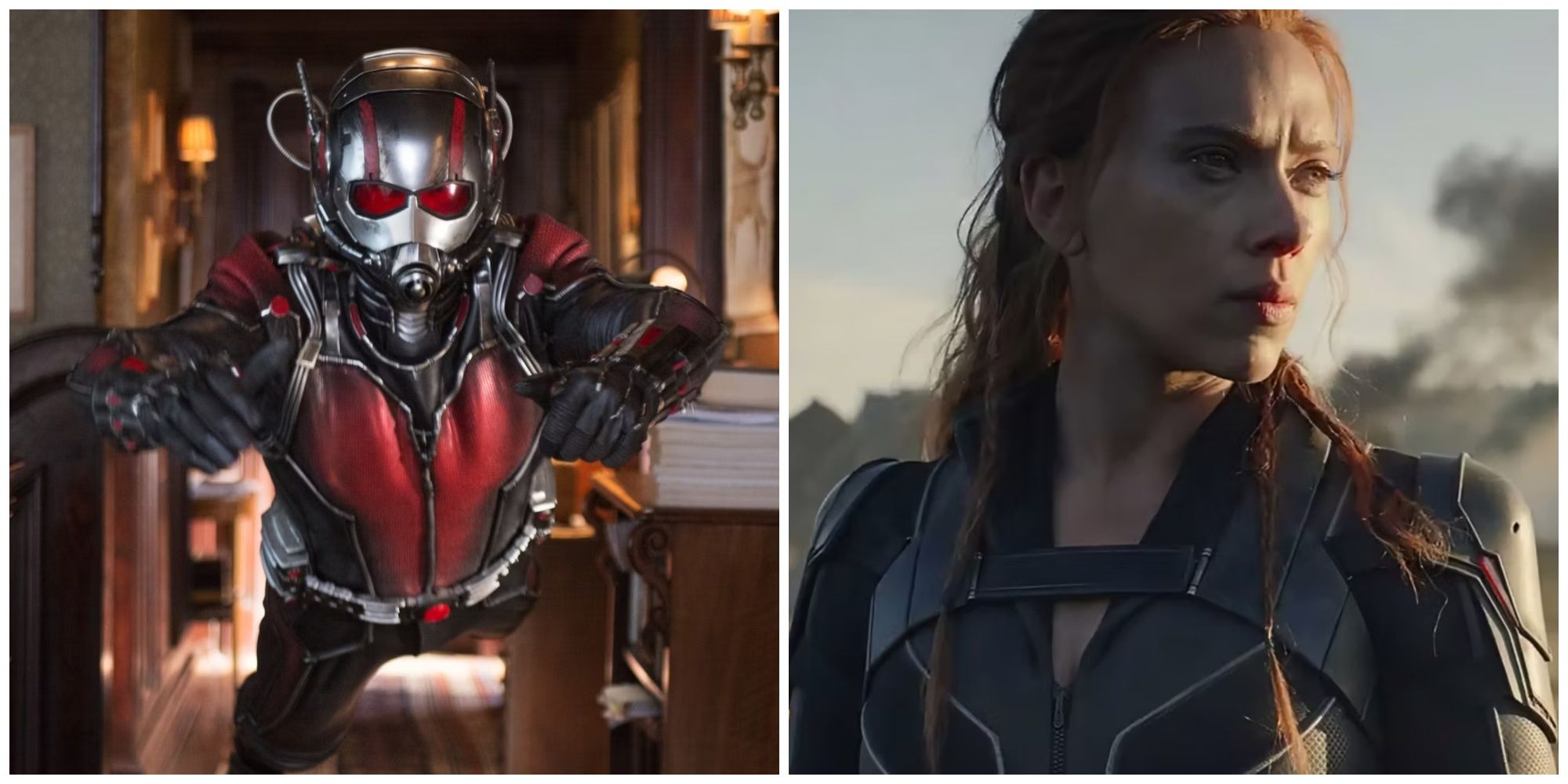
8 Best MCU Movies For A Video Game Adaptation
From Ant-Man to Captain Marvel, there are countless MCU movies that deserve their own video game adaptation.

